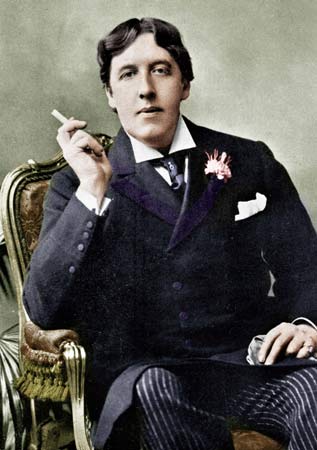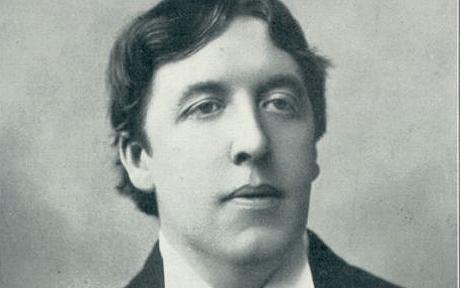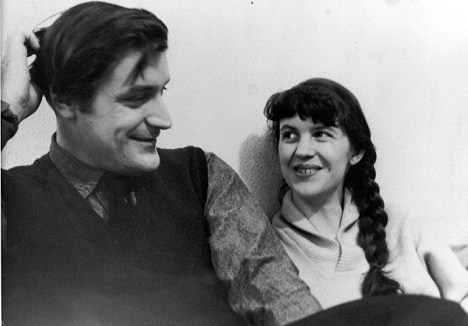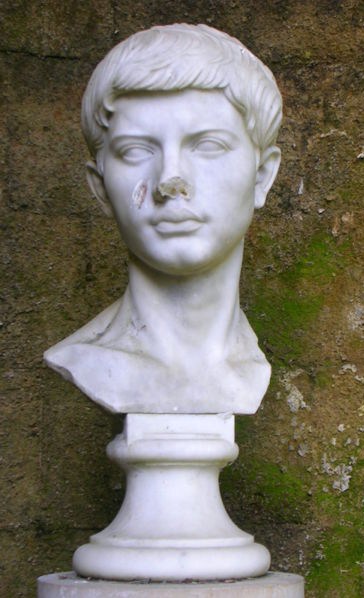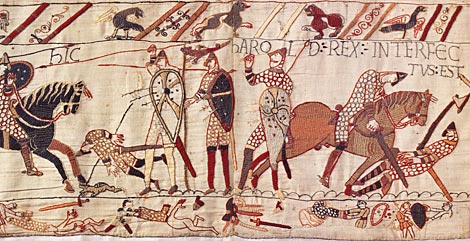httpv://www.youtube.com/watch?v=ryIK9TLAoAs
The finale of the film adaptation of the novel. Pardon the occasionally laughable special effects: it was 1956.
On this date in 1851 Herman Melville’s Moby Dick was first published.
Frye makes a fair number of references to the novel, but this one in Anatomy is particularly resonant because it relates the archetype to its entire mythical family and suggests what this might mean both to the reader and to the writer who engages it:
If we do not accept the archetypal or conventional element in the imagery that links one poem to another, it is impossible to get any systematic mental training out of the reading of literature alone. But if we add to our desire to know literature a desire to know how we know it, we shall find that expanding images into conventional archetypes of literature is a process that takes place unconsciously in all our reading. A symbol of the sea or heath cannot remain within Conrad or Hardy: it is bound to expand over many works into an archetypal symbol of literature as a whole. Moby Dick cannot remain in Melville’s novel: he is absorbed into our imaginative experience of leviathans and dragons of the deep from the Old Testament onward. And what is true for the reader is a fortiori true of the poet, who learns very quickly that there is no singing school for his soul except the study of the monuments of its own magnificent. (CW 22, 93)

